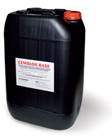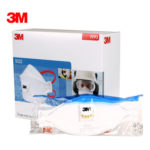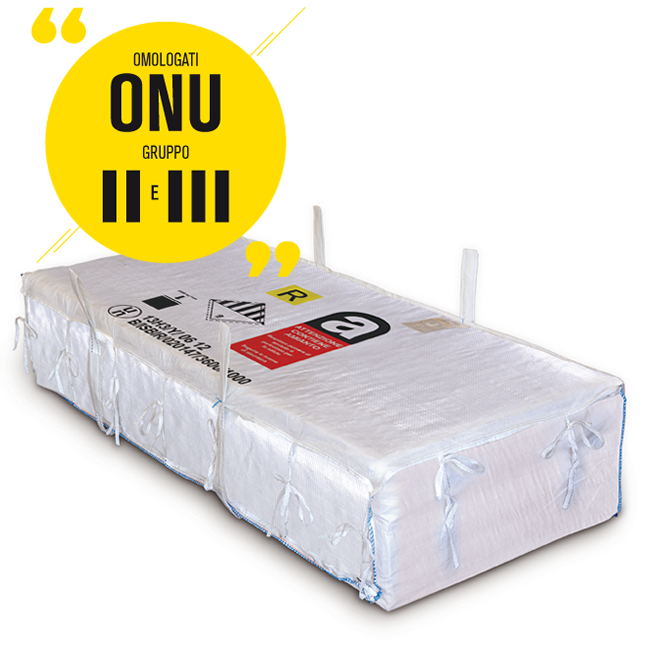ASBESTOS WASTE MICRO-COLLECTION KIT
ASBESTOS WASTE REMOVAL KIT
In the 2002 law decree DGR 1690/2 were identified a series of activities labelled as of “low risk/exposure in the process of removing Asbestos waste”. Aforesaid activities are necessary for the disposal of small quantities of materials containing percentages of Asbestos fibres in compact form. These, the law states, can be performed by private citizens, this decree constituted the ground base for the birth of a phenomenon identified as micro-collection or micro-removal of Asbestos waste.
Unfortunately, this legislation is valid or exists in other forms only in some regions of Italy as well as in some parts of the EU, and is applicable only for waste on private properties as well as proceding from private householdings. Thus, all those Asbestos fiber containing wastes that fall short of these two categories cannot be disposed of by micro-collection methods, therefore they are still cause of potential health hazards.
Citizen under this legislation or whose countries have developed norms and legislations of the same kind are allowed to treat their own waste in the ways of which the law sentences by equipping themselves with an Asbestos waste removal kit, our own kits provide not only all the tools and protections necessaries in order to treat Asbestos waste but also a special liquid apt at rendering Asbestos waste inert and therefore safe to dispose of.
Geo Hydrica s.r.l. produces and sells their PPE kits for micro-collection, which consist of: protective technical suit marked III category, a certified FFP3 mask individually packaged, protective gloves, certified bags and the certified fixing liquid for removal as mentioned before.
Nonetheless, the citizen is not allowed to transport the waste, therefore once the Asbestos-fiber made product is sealed correctly and ready for transportation, they may call companies authorized to transport dangerous waste or autonomous municipal companies which will dispose of the waste in authorized landfills.
This legislation was born keeping in mind that it is a right of the private citizen to prevent any health hazards to befall on him or on those near him, and to do so by purchasing cost-effective products instead of having to contact private companies to do it for him.
In any case, what we would advise to italian citizens is to contact the SPISAL or the ASL, who are the authorities appointed by the italian law as competent in the matter in their territories of reference, and to foreign citizens to do so with entities that regulate this kind of procedure in their countries in order to clarify the possibility of performing the intervention and the ways in which this dangerous waste should be approached.






